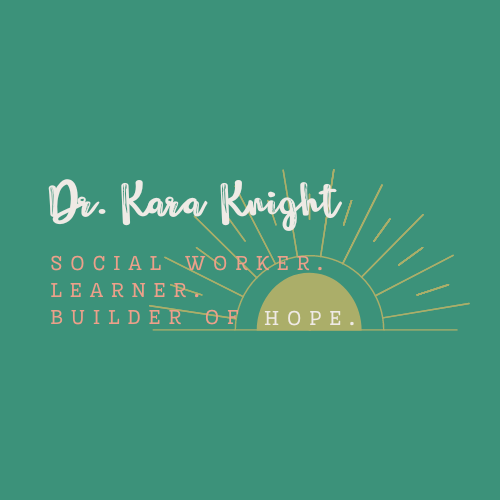
“As individuals, we know little. There’s not too much we can do about that’ there’s too much to know. Obviously we can learn some facts and theories, and we can develop skills. But we also have to learn how to make use of others’ knowledge and skills. In fact, that’s the key to success, because the vast majority of knowledge and skills that we have access to reside in other people.”
– Steven Sloman and Philip Fernbach: The Knowledge Illusion: Why We Never Think Alone

Toilets. I never thought I would start a blog post with the word toilet, but here we are. Stick with me– This will all make sense in due time.
In the developed world, most people are familiar with what a toilet is. Many think they even know how a toilet works- You push the lever, the water gets pushed through the pipes, and then it goes through the sewage system, right? Well, in a study that Sloman and Fernbach discuss in the book The Knowledge Illusion, graduate students were asked to rate their understanding of everyday devices, like zippers, toilets, and cylinder locks. They had to also write step-by-step explanations of how those devices work and then to rate their understanding once again. Ironically enough, self-assessments dropped after students realized that toilets were much more complex than what they initially anticipated. In other words, what seemed as simple as a toilet, is not so simple after all.
Sloman and Fernbach see this effect, which they call the “illusion of explanatory depth,” just about everywhere. We think we know a whole lot, but what we really know about any given topic may be just a small dot in the universe of knowledge and possibility. As humans, we tend to overgeneralize while not recalling our own ignorance on a variety of topics. I created this graphic below to depict this.

To move past our own bubble of understanding, we must be able to rely on other people. We cannot pretend we know it all, because we do not. No one does. No one ever will. With this said, we should expand our horizons to gain knowledge from as many people and teams of people as we can. We must know what we don’t know and then lean on others to help gain understanding on some of those unknowns. We often gravitate towards people who think and act like us, but as I say in my book, Unleash Talent: Bringing Out the Best in Yourself and the Learners You Serve, we have to look outside of ourselves and lean into the thoughts of others who may be different from us in thought and in action. That is how we learn. We love working with the same people on repeat, since we find collegial relationships and rhythm through this, but we need to be more mindful to reach out to others who push us outside our comfort zone. People who challenge us and have a different lense of seeing the world.
We must know what we don't know and then lean on others to help gain understanding on some of those unknowns. Click To TweetThese thoughts are also shared in the Knowledge Illusion: “Individuals don’t make decisions by themselves. Other people formulate options for them, other people present those options, and other people give them advice. Moreover, people sometimes copy decisions that are made by others (for example, when stock market guru Warren Buffett makes a decision to buy a stock, many people copy him). We should be thinking about decision-making from a communal perspective. The knowledge required for decision-making is not merely in individuals’ heads but depends heavily on the community of knowledge.”
In closing, in day-to-day interactions and conversations, I think we can all benefit from the understanding that we do not have all the answers ourselves, there is limitless information to seek, and we can all do more to learn from the strengths, skills, and talents of others. We improve not just through out own thoughts, but how we use our thoughts collectively with others.

